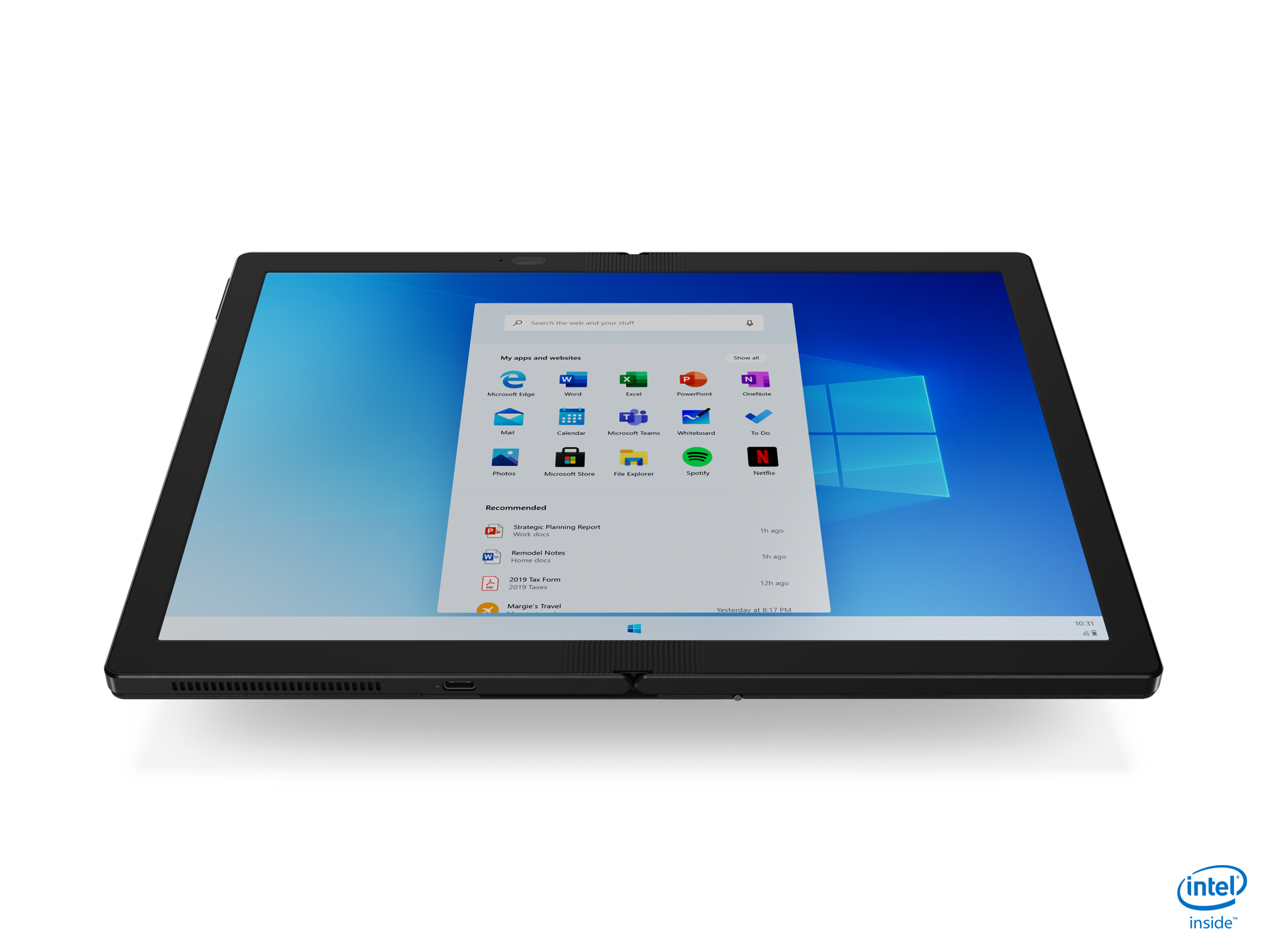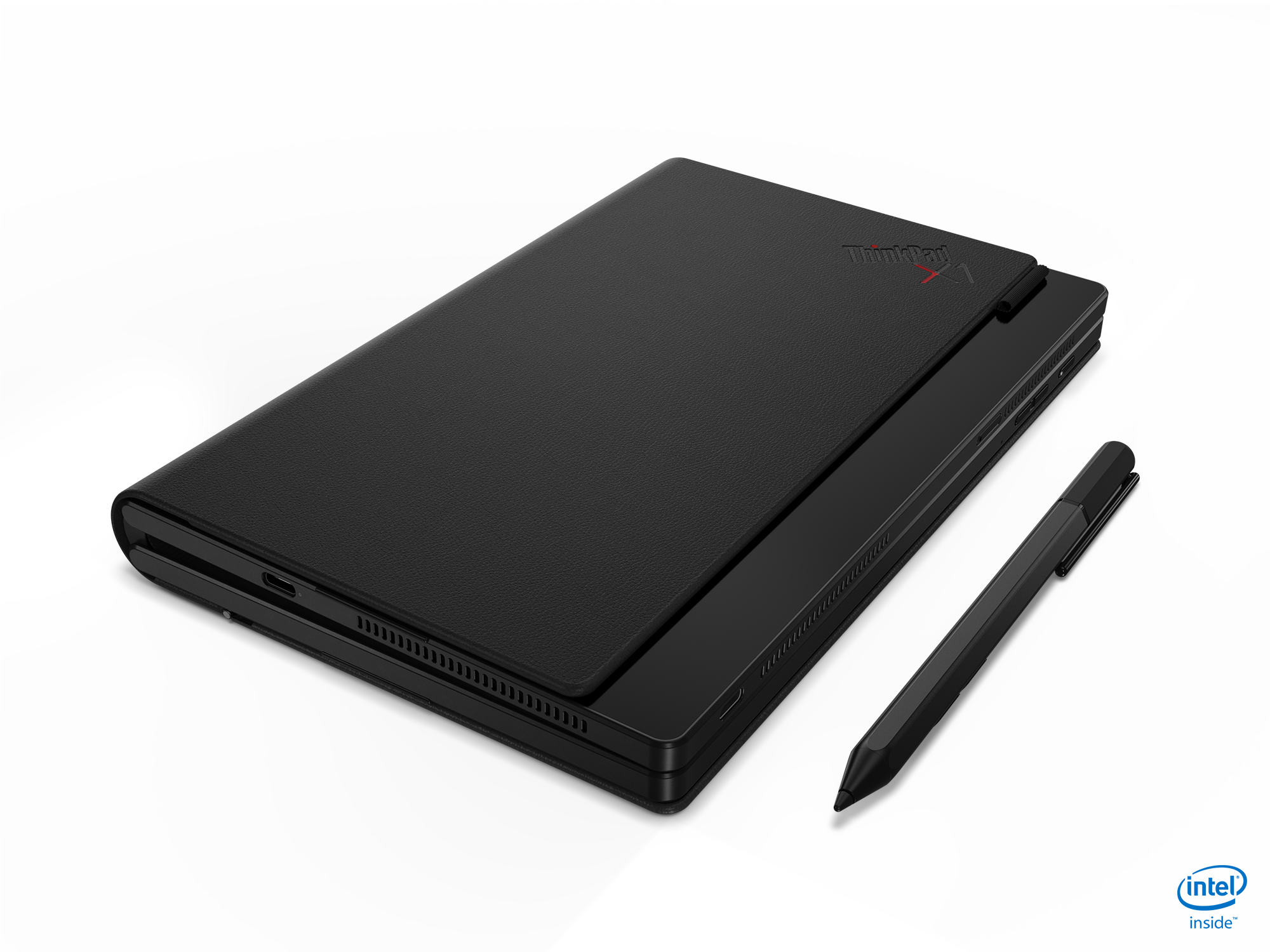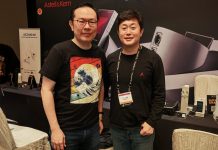Our concept of Work has been drastically changed by Covid-19. NXT video-called Ronnie Lee, the new General Manager of Lenovo Singapore, on how the pandemic has affected how the world’s biggest PC vendor and accelerated the evolution of Work from Home.

The Covid-19 Pandemic has obviously caused global shockwaves throughout our society, with many people adopting Work from Home as the norm. How has this affected Lenovo Singapore?
Ronnie Lee: Lenovo focused on the safety and well-being of our employees and communities during this crisis, and we want to help businesses adapting to these unprecedented times do the same. At Lenovo, we have been championing remote working even before the pandemic struck; we utilize our own technology solutions such as smart hubs for Voice Over Internet Protocol (VOIP) infrastructure to offer our people the ability to be flexible and responsive to adapt to different circumstances, and are continuing to do so in this period of extended remote working.
We are also committed to ensuring that our customers receive our utmost support to help them adapt to the current situation. Technology, be it devices, services, or solutions, has been essential in ensuring that organisations and students continue to have a productive remote working/home-based learning experience, and in line with that, we kept our Service Centre open to help anyone in urgent need.

April must have been hectic, especially with parents having to scramble for Home Based Solutions for their children in the short lead up before Circuit Breaker was implemented.
Education is something that is particularly close to our heart. We recognised that the pandemic severely disrupted school life for students worldwide, and that will be groups in the local community who may not have access to the necessary technology to continue their studies. When HBL was implemented, we reached out to these groups to offer our support in equipping students with the necessary technologies for home-based learning. In Singapore, we have shared devices to various educational institutions and organisations to support students with their schooling needs, such as our collaboration with Marymount Centre and ITE Central. We are also working with Microsoft and Community Chest to donate technology tools to support local communities with home-based learning – 80 Lenovo devices preloaded with Microsoft Windows and Office suites will go to vulnerable families looked after by the Rainbow Centre and Beyond Social Services.
Will Lenovo increase its focus on WfH solutions in the future, or do you expect this to gradually decrease as ‘normalcy’ returns in two years?
The way that businesses approach work was already evolving in recent years, driven by digital transformation and the availability of new and technologically advanced solutions. More businesses today are making the transition to contemporary IT infrastructures made up of mobile, remote workforces, and flexible work models.
The Covid-19 pandemic has only accelerated this evolution, thrusting the adoption of remote working models and solutions onto many companies before they were ready. Even though we are soon to enter the recovery phase, we don’t foresee that this will slow down anytime soon. For better or for worse, remote working is here to stay.
We have been on top of this evolvement and continue to actively assist companies in the transition. A key area that we are definitely focusing on is security. With a remote workforce, it is essential for businesses to take a security-first approach. Through the implementation of security protocols, and the use of next-gen solutions such as SentinelOne CORE and rapid deployment services, businesses will be better equipped to secure and manage their endpoints.
Even as we look at solutions for the ‘now’, we are also looking at the future and constantly innovating to ensure that our solutions are the best-in-class for our customers. ‘Normalcy’ is relative; we might be entering a ‘new normal’ soon, but in the years to come, this ‘new normal’ will likely be different from what we will be experiencing then.

Do you find consumers working from home are purchasing more business-focused notebooks or do they prefer more versatile multimedia platforms for streaming entertainment?
Purchases are dependent on needs and requirements and we have seen a balance of both. Working, and for that matter, staying, at home has changed the consumption of technology. Consumers are looking for technologies that mirror those they have in the office, and more, so they can improve their productivity and enhance collaboration across workspaces. At the same time, they are also looking for ways to keep entertained as they stay home and opting for solutions that provide a better experience.
With schools still relying on home-based learning for the foreseeable future, what new notebooks would you recommend to parents?
We believe that technology can be a positive catalyst for change. Online learning is transforming education beyond the four walls of a classroom, and we want to be able to offer students a quality distance and blended learning experience.
Even as Singapore looks to reopen its economy, distance and blended learning will be here to stay. Technology can empower and equip students with the necessary tools for the new ways of learning.
The notebooks that we recommend are within the IdeaPad, ThinkPad and Chromebook series, as these are best able to meet their requirements and support the diversity of their needs.

The 17-inch notebook trend is returning, what makes this format so attractive to consumers?
We see the 17-inch notebook trend being especially for gamers. Gamers are looking for immersive experiences during game play, and we want to offer the best quality experience available for them, so have designed our Lenovo Legion gaming laptops accordingly. The Lenovo Legion gaming models with 17-inch display offers the biggest view of gameplay with a 17.3-inch Full-HD IPS (1920 x 1080 resolution) display equipped with up to 144Hz refresh rates to keep an edge on the competition.
Intel recently revealed the Lakefield hybrid processor, which will power the Lenovo ThinkPad X1 Fold when it launches later this year. Are folding notebooks the future?

Much like a book, a foldable notebook is familiar and transportable. User experience research suggests that users who frequently switch between phone, tablet and laptop are looking for something with different capabilities and benefits. So Lenovo took it upon ourselves to deliver a device that offers the best experience and highest level of productivity. It took us four years, and in January we unveiled our ThinkPad X1 Fold laptop at CES 2020 in Las Vegas. We believe that our foldable laptop will pioneer a new type of lightweight device that bridges the core strengths of the different mobile device types without compromising on performance or screen size, and yet is compact enough to slip into the smallest of bags.












